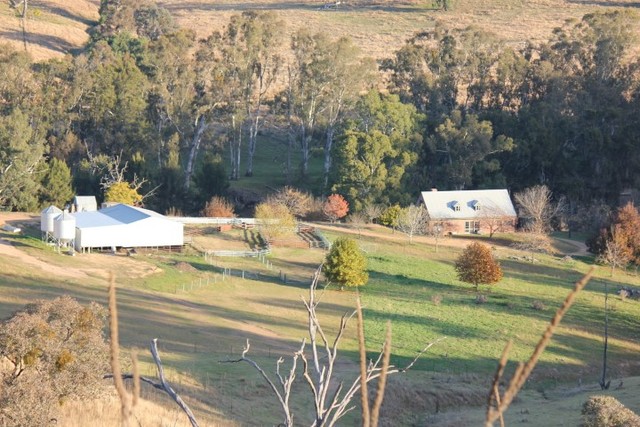There are diverse reasons why some investors are interested in investing in rural areas. Some investors genuinely want to engage in farming as a business. The cost of land in and around urban centres can be prohibitive while rural properties are often cheaper. Some investors are thinking of a home away from home or a weekend getaway location where they could retreat, relax and rejuvenate.
The serene environment of a rural area provides this attraction. There are other investors who are simply thinking of an ideal retirement location. Whatever the reason, there are a couple of things that you should consider.
Whether its urban or rural land, both are still investments that require similar due diligence. The importance of the location that you select cannot be overstated. After you have identified your goal, you need to ensure that the location is appropriate. Do some research to make sure that the land is not under any form of government acquisition.
Large tracts of land need to be properly surveyed and ownership clarified. The boundaries need to be specified. Ensure that you have the title documents registered with the government. Large tracts of land often attract trespassers once the land appreciates in value. To avoid any future complications, engage the services of a legal practitioner and ensure that your property documents are perfected.
Investing in rural properties require a clear mind and proper analysis. Buying large acres of land is not the only thing required to go into farming. If this is what you are thinking of doing, determine the type of crops or the aspect of farming that you would like to go into and engage the services of experienced consultants to guide you through the process. You need to ensure that the land, soil and terrain are suitable for the purpose. If the rural land is far from urban centres, you might need to factor in the cost of transportation or freight from your farm to the market. Confirming with the appropriate Lands Bureau what the land has been designated for is necessary.
Rural properties are usually cheap and this has led many investors to overlook other costs that will surface sooner or later. Maintaining a large tract of land is expensive. After you have taken possession of the land, you need to arrange for the fencing of your property or adopting a means of demarcating your property that leaves little or no room for argument.
The issue of farm management and security then comes in. Since most investors in rural lands are urban dwellers, they need to have reliable people who will help them look after their properties. You will need to consider and make arrangement for securing the lives and properties of all the occupants on the property.
An investor in rural properties should be very realistic. There are several services that you take for granted in the city that are either unavailable or very expensive to access in rural areas. Electricity may not be available and you will need to have a functional generator. Shopping malls, supermarkets, pharmacy, hospitals, internet services, mobile phone services and other amenities may not be available except several kilometers away. You might need to bring in labourer’s from interstate in order to finish some projects quickly. Skills and expertise in construction may also be scarce and expensive.

However, if what you are looking for are peace, quietness and closeness to nature, rural living is the right thing for you. In rural areas, there are no hustling and bustling till late in the night. As long as you are comfortable with the fact that you will see and interact with considerably fewer people than you were used to in the city, then this should not be a problem. Although you only visit occasionally, you can make provision for your period of stay to ensure that you do not feel isolated.
One of the downsides of investing in rural properties is the fact that they are difficult to sell. Except you intend to go into this aspect of real estate investment for the long haul, you should control your expenditure on this project. Building a mansion in a rural area might be something permissible when you have a lot of excess funds but for investors with limited funds, it is better to build something moderate in such areas.
In addition to this, most owners of rural properties only use the property a few times in the year while it generates no income for most of the year. Infact, it costs them money to maintain and secure the property against vandalisation. While it may be something beneficial for some, for most people investing in rural properties, should be carefully considered.
Source: thenigerialawyer





